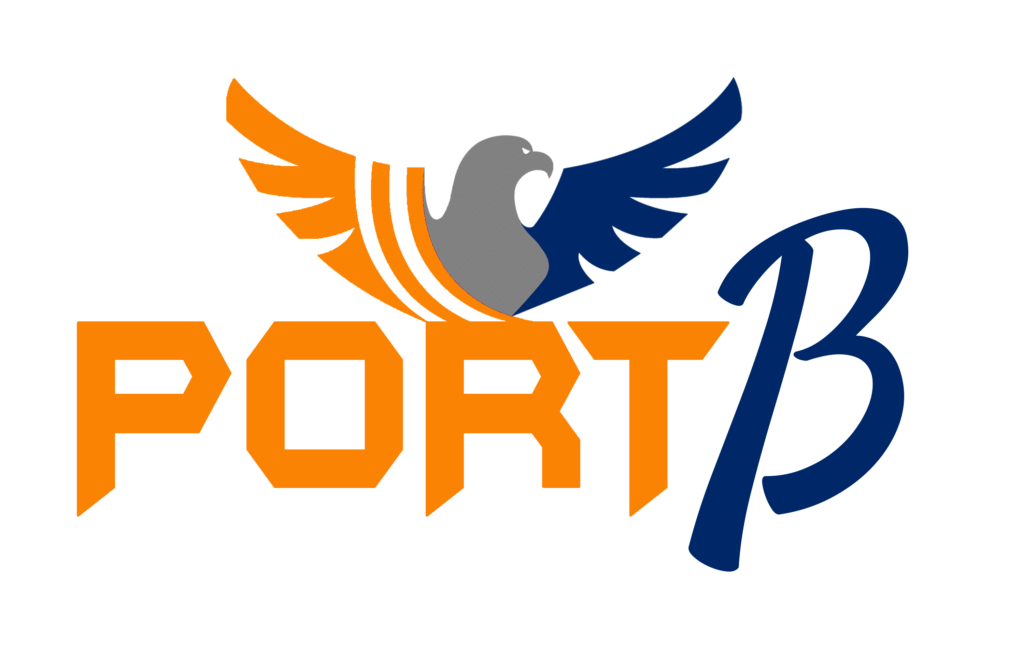
SHIPPING CHARGES

SHIPPING CHARGES DEFINITIONS
The must read charges or surcharges definitions for all importers and exporters to help them understand charges leviable under different prevailing circumstances and will help understand circumstances and duties with prudence.
A must read for all importers and exporters
Please read carefully:
- GRI – (General Rate Increase):
Used to describe an across-the-board tariff rate increase implemented by conference members and applied to base rates. - PSS (PEAK SEASON SURCHARGE):
It is a fee applied in periods of peak demand. It is levied to all shipments that move in certain trades during the high volume periods. - / BAF (Bunker Adjustment Factor),EBS (Emergency Bunker Surcharge):
Fuel prices are subject to major price fluctuations. For that reason, shipping companies may apply a bunker surcharge of BUC (Bunker Contribution) to compensate price fluctuations.
- CAF (Currency Adjustment Factor):
If your cargo is paid in a foreign currency, the currency may be subject to exchange fluctuations. For that reason shipping companies may apply a currency surcharge to compensate exchange rate risks. It is charged as a percentage of the basic sea freight.
- COD (Change of Destination):
It is a charged applied to the place which cargo is consigned or where the cargo is turned over to the consignee or age. - LSS (Low Sulphur Surcharge):
Fee reduction of sulfur emissions . This fee applies to emissions control area (ECA) from the date of 01-01-2015. - DDC (Destination Delivery Charge):
- PCS (Panama Canal Surcharge:
It is a surcharge applied to cargo transiting through the Panama Canal. - PCS (Port Congestion Surcharge):
In some ports, the process of incoming and outgoing vessels may be delayed. That congestion brings costs and to compensate those costs an additional surcharge is applied on the sea freight. - SCS (Suez Canal Surcharge):
It is a surcharge applied to cargo transiting through the Suez Canal. - AMS (Automatic Manifest System):
An additional cost for submitting in advance manifest declarations to US, Canadian and Mexican customs authorities. It is applied for cargo loaded on a vessel at a non-US port. - CIC/CIS (Container Imbalance Charge or Surcharge):
It is a cost charged by shipping lines to compensate the cost of relocating large quantities of empty containers between countries where there is an imbalance of trade (there is no export use for those containers that had been previously imported into those countries). - ENS (Entry Summary Declaration):
The Cargo Data Declaration is a regulation applied by the European Union for potential security and safety threats. It is a fee charged for additional costs of declaring cargo information in advance to the European Union authorities. - B/L (Bill of Lading / AWB):
It is a standard document issued by the carrier and shows the details of the shipment. The Bill of Lading objective is provide proof of receipt, transport agreement and title of ownership. - D/O (Delivery order):
It is a standard document issued by authorized agent at destination to release cargo for the consignee. - THC (Terminal Handling Charge):
The amount charged by the shipping company for handling containers at the port or terminal after unloading or before being loaded on board a vessel. - Handling:
It is an administration fee for preparation or handling import/ export documentation. - CFS (Container Freight Station fee):
It is the pick up fee and cargo management fee at warehouse of the port/ terminal. - Cleaning container:
It is a charge applied for extra costs for cleaning the container. It is applicable when the container does not meet the standard of cleanliness when is returned from the customer. - Amendment fee:
Revise the B/L after deadline time. - STORAGE:
It is the charge levied by the port or the terminal for allocating the full container at the port/ terminal. - DEM (DEMURRAGE):
This fee is applicable when the customer holds carrier equipment in the terminal for longer than the agreed amount of free time. It can be incurred for both exports (early drop-off) and imports (late pick-up). Export: demurrage days are counted from containers removal to terminal (full) to container loading, minus free days. Import: demurrage days are counted from container discharge to its removal from terminal (full), minus free days. Applicable to all containers that remain at a terminal location longer than agreed free time. Applied per container.
- DET (DETENTION) import:
It isimposed for excess usage container since its removal from the terminal (full) until the return of empty containers at the port, minus free days. Export: counted from pick-up empty to removal to terminal (full) minus free days. This fee is applicable to all containers that remain in the customers possession longer than the agreed free time. Not applicable for shipper owned containers. - ISF (Importer Security Filing):
It is a US Customs and Border Protection (CBP) regulation that requires importers to provide electronic data of the imported goods to the US customs. Declaration must be received the latest 24 hours before loading and declared before 48 hours before departure out of the port of loading. - ISPS (International ship and port facility security):
- AFR (Japan advance filing rules):
It is a fee charged for additional costs of declaring cargo information in advance to Japan authorities. - Lift on / Lift off:
The Equipment Handover Charge (Lo/Lo). Lo/Lo stands for Lift-on Lift-off. It is only applied for costs and administration of releasing containers for import Merchant Haulage.
These are not all and final, there may be more, please refer to international documents and we do not take any responsibility for said definitions’ correctness and there desired circumstantial use and their outcome whatsoever.

